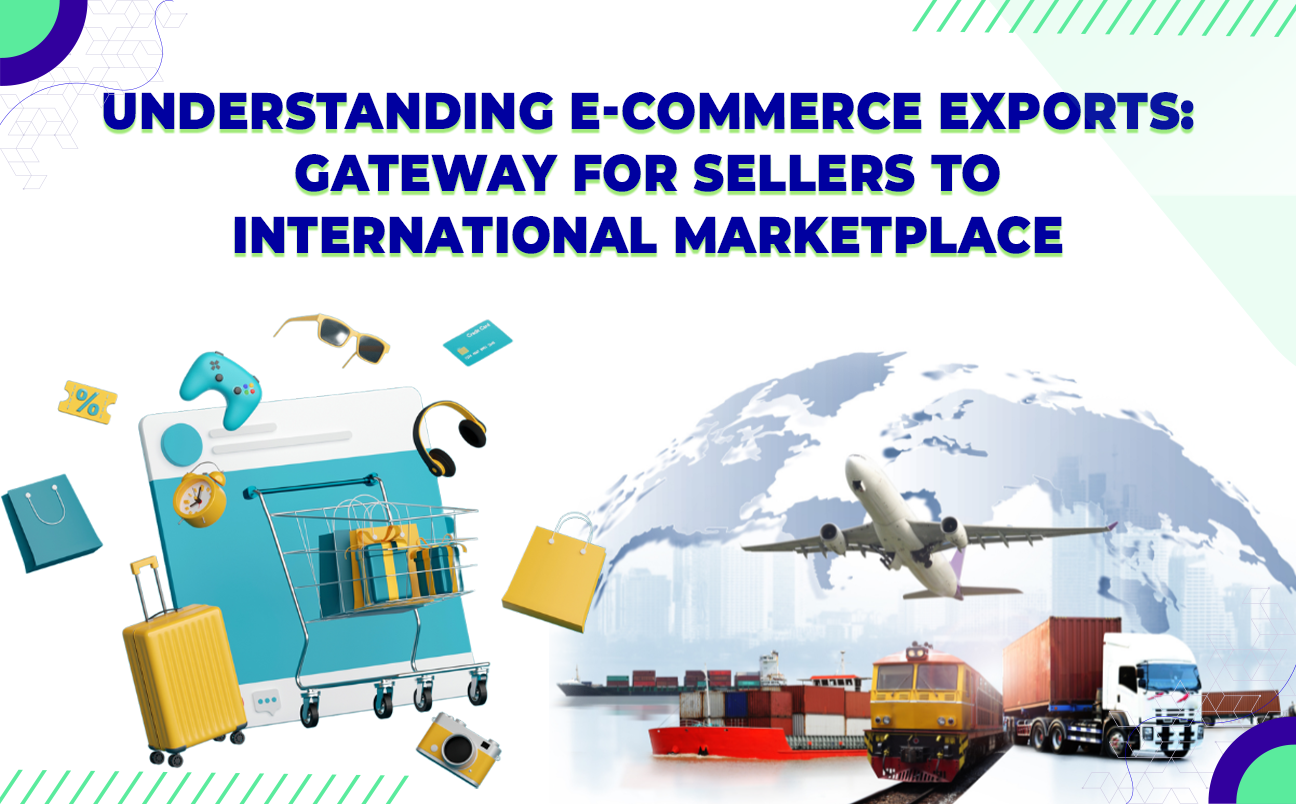Can you imagine how it would feel to see your business development beyond borders to different customers in different countries and cultures? Due to the establishment of cross-border ecommerce, it is now possible to grow one’s business at a very low cost and in a few steps. But before jumping into any projects there are some preliminary things that you have to be familiar with. So, here we are going to examine five strategies that would help you embrace the benefits of cross-border ecommerce and the challenges that come along with it. If you are thinking of expanding your business globally, then overseas ecommerce marketing in India or such other services would be helpful for you in breaking into foreign markets.
Tips to Expand Your Business
1. Research in New Markets Even More
When it comes to cross-border ecommerce, planning well where to market your products is of utmost importance. It’s like hosting a dinner party: you have to know what your guests like, how they behave and what their tastes are so as to prepare the right meal. In the same way, careful study of consumption patterns, competing businesses, and cultural practices of a market will serve to enlighten one about his/her potential clients and avert cultural blunders. This is one of the greatest advantages of cross border eCommerce and why people love it: it gives you the opportunity to almost everyone on this planet.
Some markets will be more welcoming to your products than the others and some might call for market readiness activities. Based on assessment of the local market trends and regulations and existing consumers’ needs, you know where to channel your resources and marketing activities.
2. Enhance Your Product Listings and Website
When creating listings for your market, in this case, a website, there is more to do than just convert the language of the product descriptions. It is about making everyone’s product at home even in the farthest market. Modify your product listings to include local customs and practices, languages, and units of measurement. Make sure that your website is designed user-friendly, responsive for mobile devices, and easy to navigate for foreign customers.
With elements such as currency options and language settings, the presence of localized elements ensures a better experience for the customer, instills trust in them, and translates into increased rates of conversion. Seeking the help of ecommerce marketing services can guarantee that every aspect of your online presence speaks to the right audience.
3. Get ready for the potentials and downsides of Cross Border Ecommerce
There are many benefits to cross border ecommerce, however it’s important to appreciate the risks involved with cross border ecommerce as well. For instance, expanding businesses face issues such as foreign taxation, currency issues, and the logistics of cross border exportation. For instance, if your costs are fixed in a domestic currency, exchange rates may shift considerably over time leading to losses or reduced profits.
And there are other differences as well. For instance, one may create an advertising message that is appropriate in one country but culturally unacceptable in the other. To that end, these aspects should be taken into account and managed whereas such expansion may be desired. Bringing on experts and formulating the risk management will alleviate the mentioned risks.
4. Develop a Shipping and Returns Systems that Works efficiently and Effectively
With the globalization of e-commerce, managing shipping logistics has become one of the greatest and most difficult issues that has to be dealt with. Again, consumers wish for best services, and so, looking for a reliable and efficient shipping company for international orders is a necessity. In that case, it’s advisable to help third-party logistics companies which can manage such orders in a more effective way. It will also be helpful to the customers if more than one method of shipping is provided and the times of deliveries are also indicated.
The way customers perceive the business and their satisfaction in general also depends on how easy the returns will be. The return process should be simple enough for clients or they should be able to exchange their purchased items if need be. Such factors enhance experience for the clients and they are likely to return for more purchases, hence proper communication and a clear cut system put in place would be vital.
5. Make Use of International Markets such as Amazon
There is no need to reinvent the wheel when it comes to beginning cross-border ecommerce. There are global online marketplaces, such as Amazon, that have already set up all the necessary structures to enable one to engage in global sales. How does Amazon assist in international selling? Services such as Fulfilled by Amazon (FBA) allow customers to keep their inventory in Amazon’s global stores, cut delivery times, and expand their sales to hundreds of countries.
Furthermore, they include an in-built language interface which enables customers to browse and buy in their own language. This helps in brand expansion as there is no need for multiple localized websites. The use of Amazon and other similar platforms comes in handy when one wants to test their goods in foreign markets but does not want to commit a lot of resources in opening a new country straight away.
Frequently Asked Questions
To start cross-border ecommerce, research target markets, local regulations, and customer needs. Partner with a logistics provider to handle international shipping, and leverage global marketplaces like Amazon for easy entry.
The risks of cross-border ecommerce include fluctuating exchange rates, complex tax laws, and cultural misunderstandings. Proper research and planning can help minimize these risks.
Conclusion
Taking the plunge into cross-border e-commerce presents new avenues of growth for entrepreneurs. Getting a grip on the market, handling distribution bottlenecks, and turning to players like Amazon for assistance is how you are able to extend the outreach of your brand to every corner of the globe. Working with specialists, like an ecommerce marketing agency in India, will help you make an entry into any new market without a hitch, fast, and with the desired outcomes. The global market has room for your business—are you prepared to take it worldwide?


